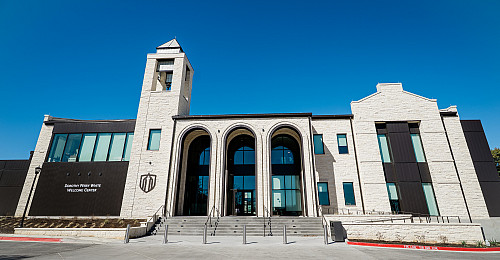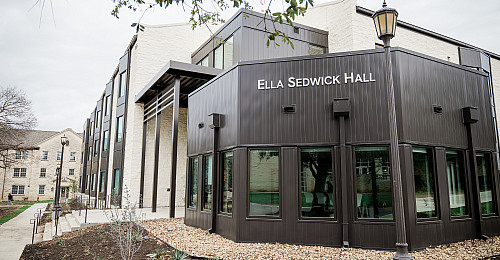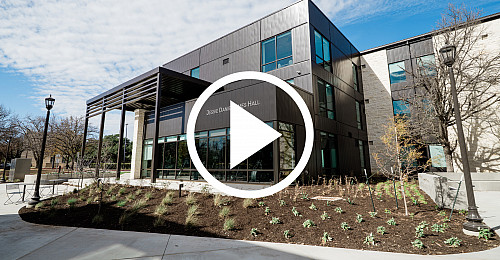Final evaluations are required in all courses. [See CPC Minutes, October 21, 1975.] The dates for final examinations are set by the Registrar and the Dean of the Faculty and should be scrupulously followed. No faculty member is authorized to change the time or place of a scheduled class or final examination without approval of the Registrar. Problems with the class or final examination schedule should be reported to the Registrar. If a situation arises which causes special difficulties in the scheduling of an examination, the matter should be discussed with the Registrar and the Dean of the Faculty. It is understood that final examinations will not be changed merely to move from a late date to an early date, as this usually creates more problems than it solves.
Re-examination or special projects to raise grades are prohibited for students who have failed the course or the final examination except in exceptional cases as approved by the Dean of the Faculty.
Students who for good reason must take a final examination at a time different from that of the regular section must obtain the consent of the instructor. Students who have three final examinations in one day have the right to reschedule the middle examination in consultation with the faculty member at least one week prior to the start of final exams.
Students who are candidates for graduation in May should arrange any required final examinations during the four day period that begins with the last day of classes and ends with the first day of exams for the Spring semester. No student will be required to take more than two examinations in one day. Final semester grades for May and August candidates must be submitted to the Office of the Registrar no later than 12:00 p.m. on the Monday of final exam week.
Details of the Southwestern grading system are outlined in the current issue of the University Catalog. The grades of A, B, C, and D may be awarded with a plus or minus. The instructor’s course syllabus must clearly indicate the grading system employed to yield the semester grade for the course and what weight is given to each component of the course in computing the semester grade. See “Academic Rights for Students.”
















